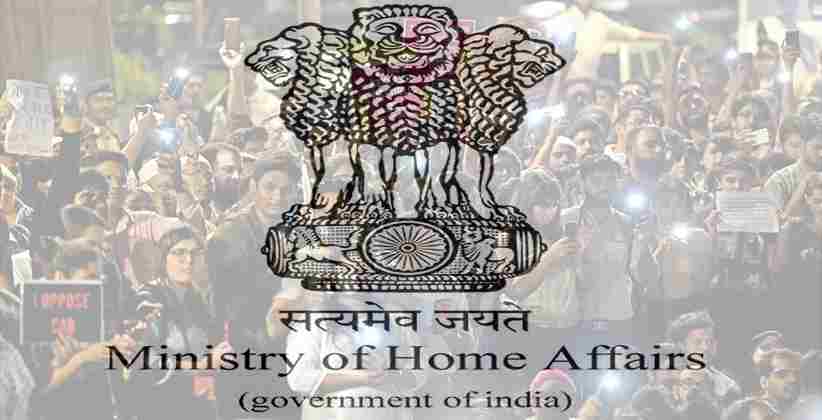Ministry of Home Affairs issued a notification in the Official Gazette on Friday 10th January stating that Citizenship (Amendment) Act, 2019 shall come into force from 10th January 2020. The bill has been cause for much controversy throughout the nation with large number of people protesting for and against it.
Home Minister Amit Shah said that the Act is meant to give people citizenship rather than taking it away from them. Senior Advocates Harish Salve have also come out and spoken in favour of the Act.
Salve said the CAA is not violative of Articles 14, 15 and 21 of the Constitution of India. He added that the communities mentioned in the CAA are the minorities of Pakistan, Bangladesh and Afghanistan. The Act is for the religiously persecuted minorities in these countries.
The peculiarity of the Act is that it nowhere mentions religiously persecuted as being the ground to accept migrants, however this is the whole premise of the legislation. The Act provides citizenship to non-muslim illegal immigrants who entered India before 31st December 2014.
However, witnessing the other side of the coin, the said Act also does not satisfy the test of arbitrariness (Article 14) as provided by the Honble Supreme Court in various cases. There is no rational nexus of the reasonable classification with the legislation. Article 6 and Article 7 of the Constitution of India provide for citizenship for people from Pakistan and therefore it is strange that the legislature embarked on the journey to bring about a new law for something that already exists.
Author: Nandini Gandhi









